
There is absolutely no good reason for competition among therapies—none is by itself necessary or sufficient, and most are completely complementary, even synergistic.

There is absolutely no good reason for competition among therapies—none is by itself necessary or sufficient, and most are completely complementary, even synergistic.
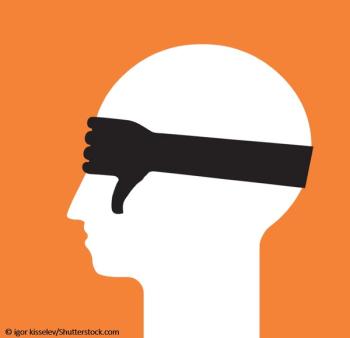
It's been 9 years since DSM 5 was released. Does this revision advance psychiatric practice?

Depending on how you look at it, manuals have either played a heroic role in the history of psychotherapy or have been responsible for its degradation.

The clarifying lens of Zen philosophy focuses our attention on common factors that drive change across the different forms of psychotherapy.
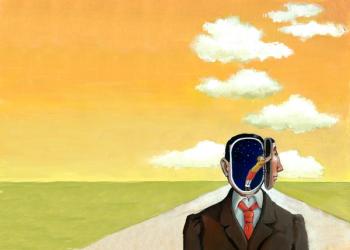
Sometimes what you do for others benefits you, too.
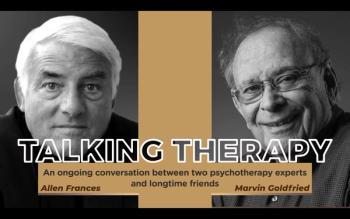
Exploring the importance of the psychotherapeutic relationship.

Dr Frances discusses how best to deal with emotional and economic problems if you are working on the frontlines of this pandemic.

In just 3 months, the virus has changed the lives of our psychiatric patients and of psychiatry forever. What are the next best steps?

The doctors, nurses, aids, food staff, and janitors are among the frontline heroes of the COVID-19 pandemic. They know its ravages best and are most at risk. We mustn't let them down.
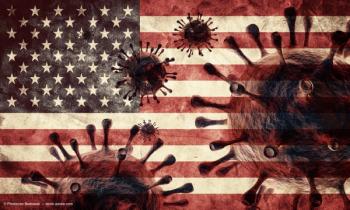
Allen Frances, MD, delivers a powerful message for mental health professionals to help them navigate the COVID-19 pandemic.
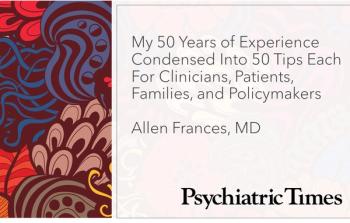
In this 4-part collection, the author shares his experience and provides guidance to all involved in the mental health field-patients, physicians, families, and policymakers.
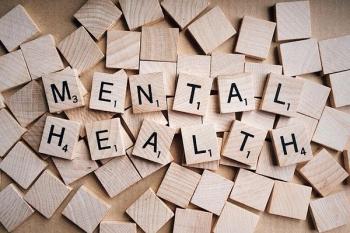

This third in the series provides advice to families on how best to cope with the psychiatric problems of a family member.

Recently DSM-IV Chair Allen Frances, MD wrote 50 pieces of advice to clinicians on how best to help their patients. It seems fitting, then, to provide an equal portion of advice for patients who seek help from those clinicians.

Here it is-the 50 most important things Allen Frances, MD, has learned in over 50 years studying psychiatry.

The “deinstitionalization” movement was meant to correct a stream of neglected patients, a demoralized and disengaged staff, and disappearing doctors. That didn't happen.

It takes decisive action, not words, to really end stigma.

More than any other medical specialty, we sometimes feel compelled, and empowered, to treat patients against their will. With this comes two great responsibilities.
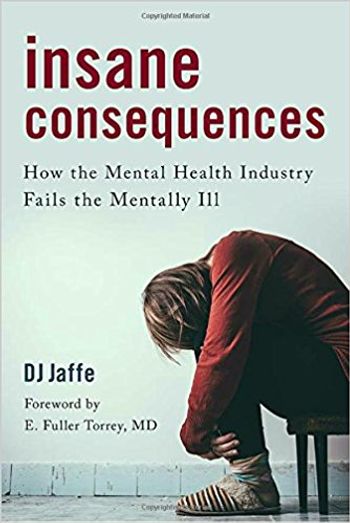
We have criminalized mental health problems-a barbaric throwback to the dismal conditions before the Enlightenment.
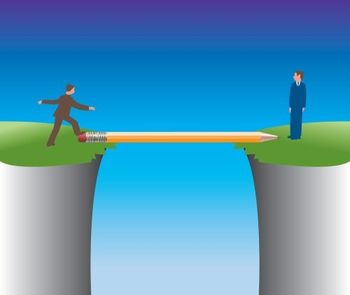
In the opinion of the author, the psychiatry/anti-psychiatry rift has had a devastating effect on the lives of people with severe psychiatric problems.

Setting the record straight on what the literature does and does not say about long-term use of antipsychotics.

Here's why Trieste is the place this psychiatrist would most want to be if he had a severe mental illness.
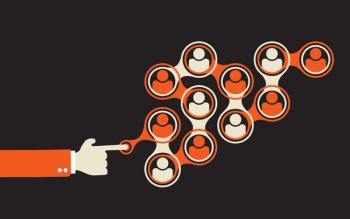
By failing to provide adequate care and housing for the mentally ill, we have condemned 350,000 to jails and 250,000 to the streets.

There is no one-size-fits-all solution to how people and cultures should respond to overwhelming stress, depression, and trauma.

There has probably never been a worse place and worse time to have a severe mental illness than now in the United States. How did we get into this mess?
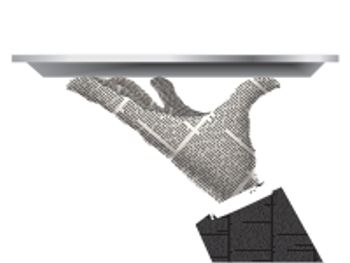
We are the richest nation in the history of the world and yet we provide the worst care ever conceived for the severely ill who most need it.

The author suggests a checklist to help clinicians think through the necessary steps that should be part of every careful prescription of medication for children.
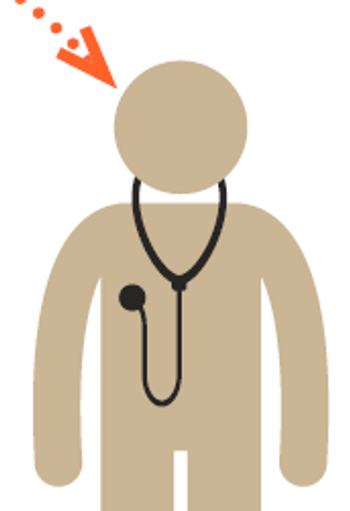
The major focus of effective therapy-to establish a healing relationship and to inspire hope.

There is no worse death than a hospital death. This requires preparation and preparation requires recognizing that dying is a necessary, and indeed desirable, part of life.

Twenty five years ago, “hikikomori” was a new term in Japan, used to describe severe and prolonged school refusal in teenagers, sometimes evolving into complete social withdrawal. The shut-in phenomenon has since gone global.